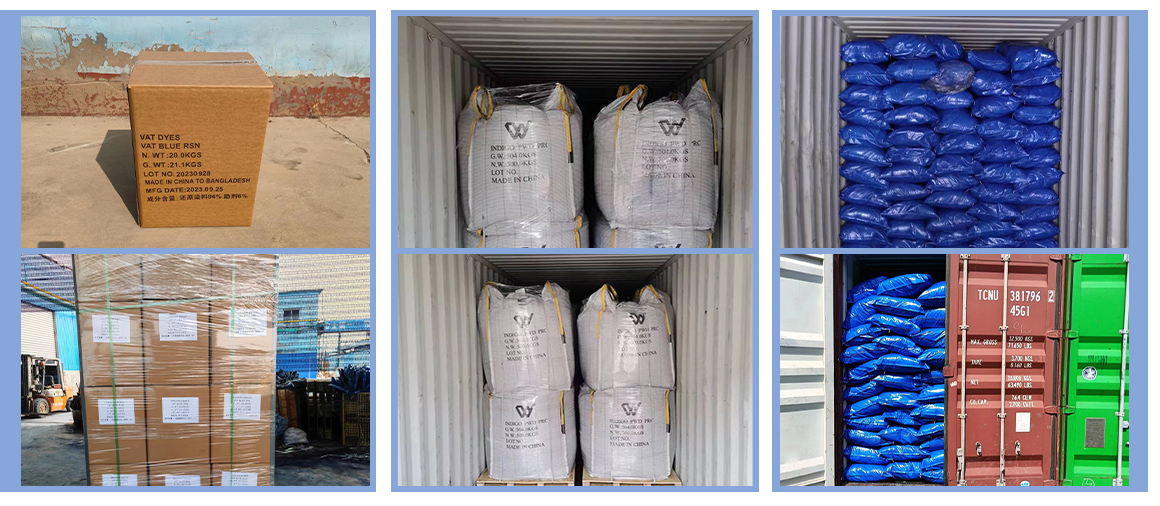Exploring Unique Shades of Natural Indigo for Creative Projects and Designs
The Allure of Custom Natural Indigo Colour A Journey Through Tradition and Modernity
In an era increasingly dominated by synthetic hues and mass production, the resurgence of custom natural indigo colour is a breath of fresh air. This timeless pigment, rooted in history, offers not just a rich, vibrant blue but also a pathway to eco-conscious practices and cultural heritage. As artisans and designers rediscover the beauty of indigo, a narrative unfolds that celebrates creativity, sustainability, and the intricate relationship between nature and art.
The Historical Significance of Indigo
Indigo has been a cherished dye for thousands of years, dating back to ancient civilizations in Egypt, India, and China. The indigo plant, particularly Indigofera tinctoria, has been cultivated for its dyeing properties since at least 2500 BC. In these early societies, the dye was so valuable that it even became a form of currency. The deep blue it produces was often associated with royalty and power, making it a sought-after commodity on trade routes.
The process of extracting indigo dye has evolved, but its core principles remain the same. The fresh leaves of the indigo plant are fermented, releasing a blue pigment that can be used to dye fabrics. The ritualistic aspects of this dyeing process — from cultivating the plants to the intricate techniques of dyeing — create a deep connection between the maker and the material. This connection is what modern artisans seek to revive as they embrace custom natural indigo colours.
The Art of Customisation
One of the most exciting developments in the realm of indigo dyeing is the trend towards customization. Unlike the uniform shades produced by synthetic dyes, natural indigo allows for a nuanced palette that varies with each batch. Artisans can manipulate the dyeing process, achieving shades that range from soft pastels to deep midnight blue. This not only enhances the artistic expression but also aligns with contemporary consumer desires for unique, one-of-a-kind pieces.
Custom natural indigo colours can be tailored to suit individual preferences, creating a dialogue between the artisan and the client. Designers are increasingly turning to indigo for bespoke fashion lines, home textiles, and artwork, exploring various techniques such as shibori (a Japanese tie-dye technique) or batik (a wax-resist dyeing method). Each piece becomes a reflection of personal narratives, cultural heritage, and a commitment to sustainability.
custom natural indigo colour

The Sustainability Factor
In a world grappling with the effects of fast fashion and chemical dyes, natural indigo presents an eco-friendly alternative. It is biodegradable and derived from a renewable source, making it a sustainable choice. Moreover, the revival of traditional dyeing practices encourages biodiversity and the preservation of indigenous plants. By choosing custom natural indigo colours, consumers support small-scale farmers and craftspeople, fostering local economies and environmentally responsible practices.
Furthermore, the process of dyeing with natural indigo is less water-intensive and avoids the harmful discharges associated with synthetic dyes. This points towards a crucial movement in the fashion and design industry, where the emphasis is on creating beauty without compromising ecological integrity.
The Modern Renaissance of Indigo
Today, indigo is experiencing a renaissance, especially within the realms of fashion and interior design. As a symbol of creativity, it stands as a testament to the merging of tradition with innovation. From high-end fashion houses to artisanal craft markets, the allure of indigo is undeniable, drawing attention from enthusiasts who appreciate both the aesthetic and ethical aspects of their choices.
Moreover, the stories entwined with indigo are powerful. Each hue embodies a history, a culture, and a community. When wearing or using items dyed with custom natural indigo, individuals partake in a legacy that extends far beyond the fabric itself. It is an opportunity to celebrate human creativity while honouring the environment.
Conclusion
Custom natural indigo colour is not just a trend; it is a movement that encompasses history, craftsmanship, and sustainability. As this vibrant hue continues to captivate the imagination of makers and consumers alike, it offers a profound reminder of the beauty that can emerge when we blend artistry with a respect for nature. Embracing indigo means embracing a story that is both personal and universal, echoing the age-old connection between humanity and the natural world. So whether through textiles, art, or fashion, let us celebrate the indigo dye and its journey into modernity, one beautiful shade at a time.
-
The Timeless Art of Denim Indigo Dye
NewsJul.01,2025
-
The Rise of Sulfur Dyed Denim
NewsJul.01,2025
-
The Rich Revival of the Best Indigo Dye
NewsJul.01,2025
-
The Enduring Strength of Sulphur Black
NewsJul.01,2025
-
The Ancient Art of Chinese Indigo Dye
NewsJul.01,2025
-
Industry Power of Indigo
NewsJul.01,2025
-
Black Sulfur is Leading the Next Wave
NewsJul.01,2025

Sulphur Black
1.Name: sulphur black; Sulfur Black; Sulphur Black 1;
2.Structure formula:
3.Molecule formula: C6H4N2O5
4.CAS No.: 1326-82-5
5.HS code: 32041911
6.Product specification:Appearance:black phosphorus flakes; black liquid

Bromo Indigo; Vat Bromo-Indigo; C.I.Vat Blue 5
1.Name: Bromo indigo; Vat bromo-indigo; C.I.Vat blue 5;
2.Structure formula:
3.Molecule formula: C16H6Br4N2O2
4.CAS No.: 2475-31-2
5.HS code: 3204151000 6.Major usage and instruction: Be mainly used to dye cotton fabrics.

Indigo Blue Vat Blue
1.Name: indigo blue,vat blue 1,
2.Structure formula:
3.Molecule formula: C16H10N2O2
4.. CAS No.: 482-89-3
5.Molecule weight: 262.62
6.HS code: 3204151000
7.Major usage and instruction: Be mainly used to dye cotton fabrics.

